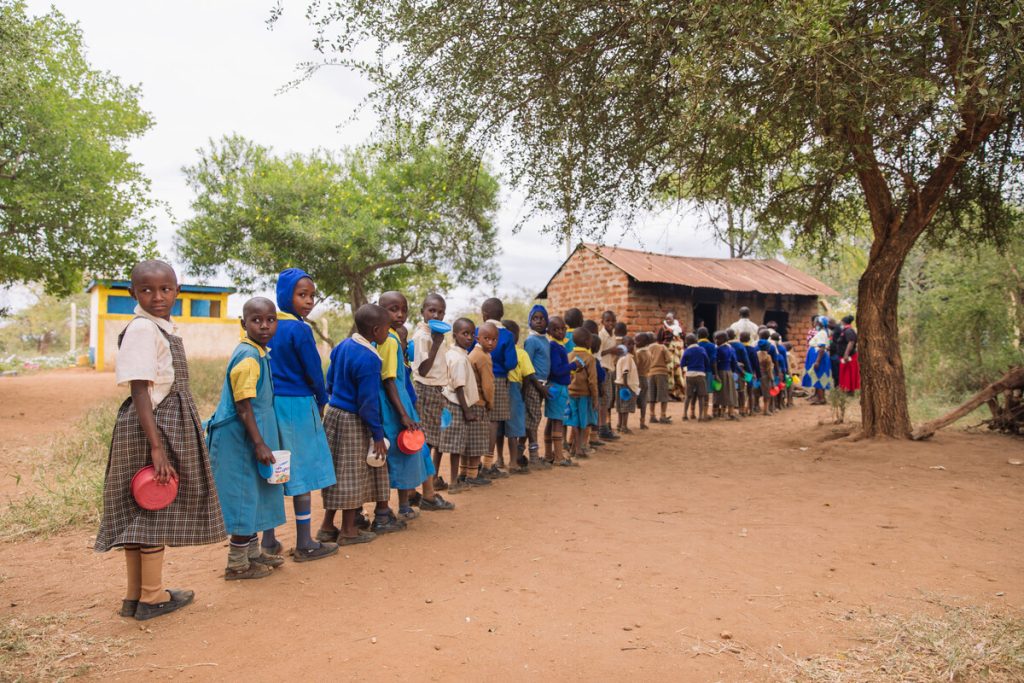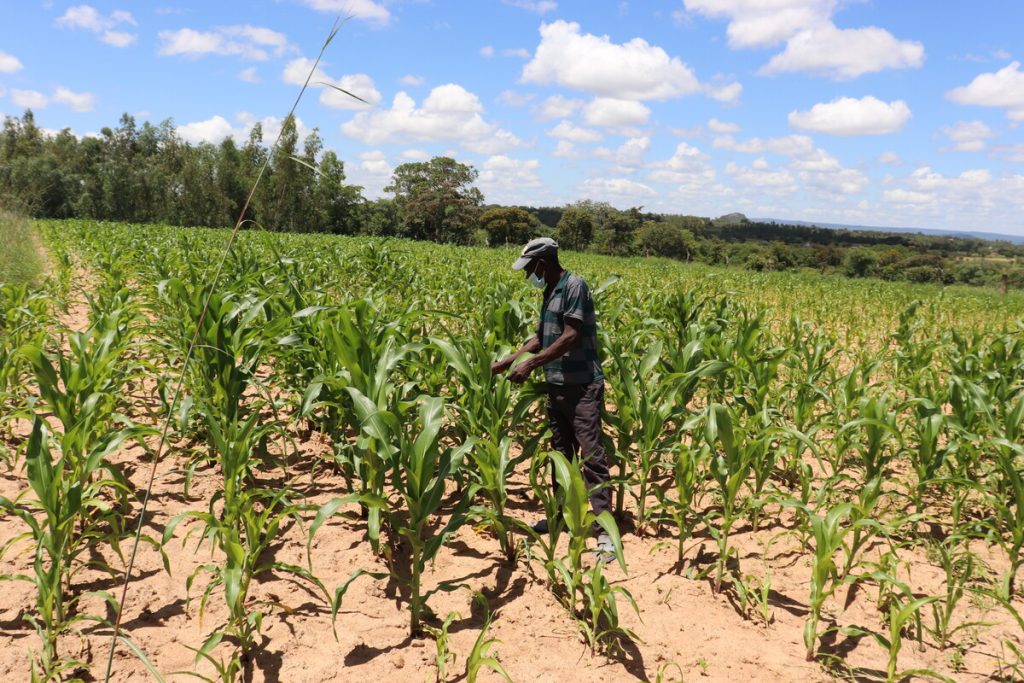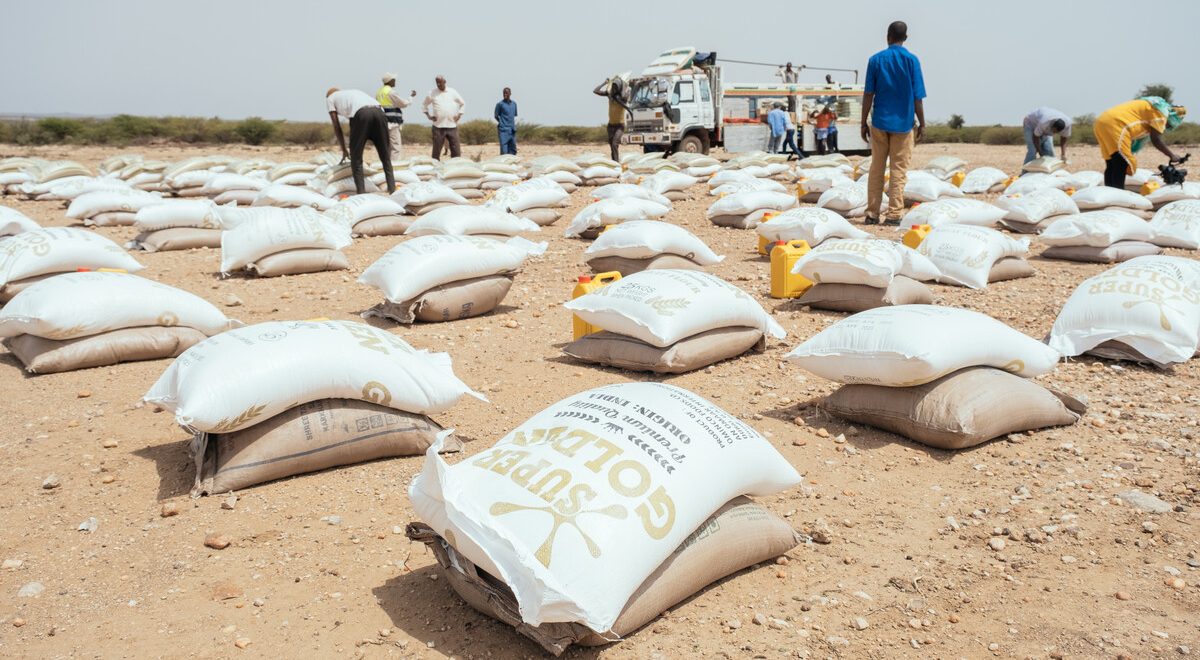The world commended the recent deal with Russia and Ukraine brokered by Turkey and the UN to allow shipping 20 million tons of grain blocked in Ukraine through the Black Sea. The resumption of grain trade from Ukraine has decreased international prices while increasing grain availability for countries most in need, especially in the Horn of Africa.
This agreement is part of the efforts towards keeping trade open, with measures ranging from releasing grain stuck in Ukraine’s blockaded Black Sea ports to removing export restrictions posed by a few countries to meet their internal demand.
However, this is not the longstanding solution. Even though the current amount of available grain will ease market prices, it will not address the root causes of the intersecting crises we face.
The combination of climate disasters, COVID19 and the rise in food prices are putting the most vulnerable countries and the poorest communities in a dire situation, paving the way to social riots and economic collapse.
The most affected countries are also those most indebted, so a financial crisis is likely to add to the current global struggles. This will have devastating effects, especially on the poorest, particularly women, children, and most marginalized people. More countries, like Sri Lanka last May, will be at risk of declaring a default on their debts.
This is not a production crisis
Although we are now able to produce more food than ever before, the problem lies in how we are distributing the food and the policies being implemented to do so. We need a transformation in the overall food system so that we can fulfill our main agenda: enabling better access to the food people need.
The world has enough food, but prices have surged to an extent that people can no longer afford. However, we might face a production crisis in the future as climate disasters burden production, while high fuel and fertilizers prices prevent farmers from planting, putting harvests at risk.
GRAIN reports that in today’s food and fuel crises, Nestlé’s profits for the first half of the year hit $5.4bn and Unilever’s $4.6bn. Meanwhile, Exxon’s Q2 profits reached a mind-boggling $17.9bn and Shell’s $11.5bn.
On the other hand, our recent research investigating the impacts of the rise in price of food, fuel, and fertilizer in 13 countries reveals that people are paying two, three or even four times what they paid before the war in Ukraine. In the Horn of Africa, food and fuel have become almost completely unaffordable to those who are already suffering from the extreme drought, adding to the ongoing emergency. Communities in other countries in the region are equally as affected, and are spending more on food, leaving less money for their children’s education. As a result, the children, already missing meals at home, cannot benefit from the school feeding programs. Additionally, women and girls are exposed to increased violence and girls are forced to drop out of school.

On the brink of famine
Since 2014, we have seen an increase in world hunger, with some countries at risk of famine. This follows decades of decline in hunger. If we don’t act now to transform the food systems, we’ll never achieve the goal of eradicating hunger by 2030.
If we do not address the food crisis by transforming the entire food system to tackle environmental concerns, the current reality will become the new normal and we’ll be responsible for increased hunger, poverty, and forced migration. We need to take a holistic approach that simultaneously addresses all the failures of the current food system, starting from regulating the excessive power of corporations and putting it back in the hands of people.
We need to break the dependency of the less rich countries on food imports and fertilizers by rebuilding national capacity to produce food sustainably through agroecological farming. Agroecology reduces greenhouse gas emissions by replacing fertilizers with local manure or compost, restoring soil health to improve sequestered carbon and retain water. It also enhances biodiversity while crop diversification helps farmers to better adapt to a changing climate. By building on territorial markets and strengthening local food systems, agroecology allows countries to be self-sufficient and resilient to external shocks.

That said, food system transformation is only one piece of the systemic transformation we need. There must be a reframing of international trade rules and a complete reform of the financial system, starting with providing debt relief to countries at a higher risk of economic collapse and regulation of financial markets to avoid speculation.

